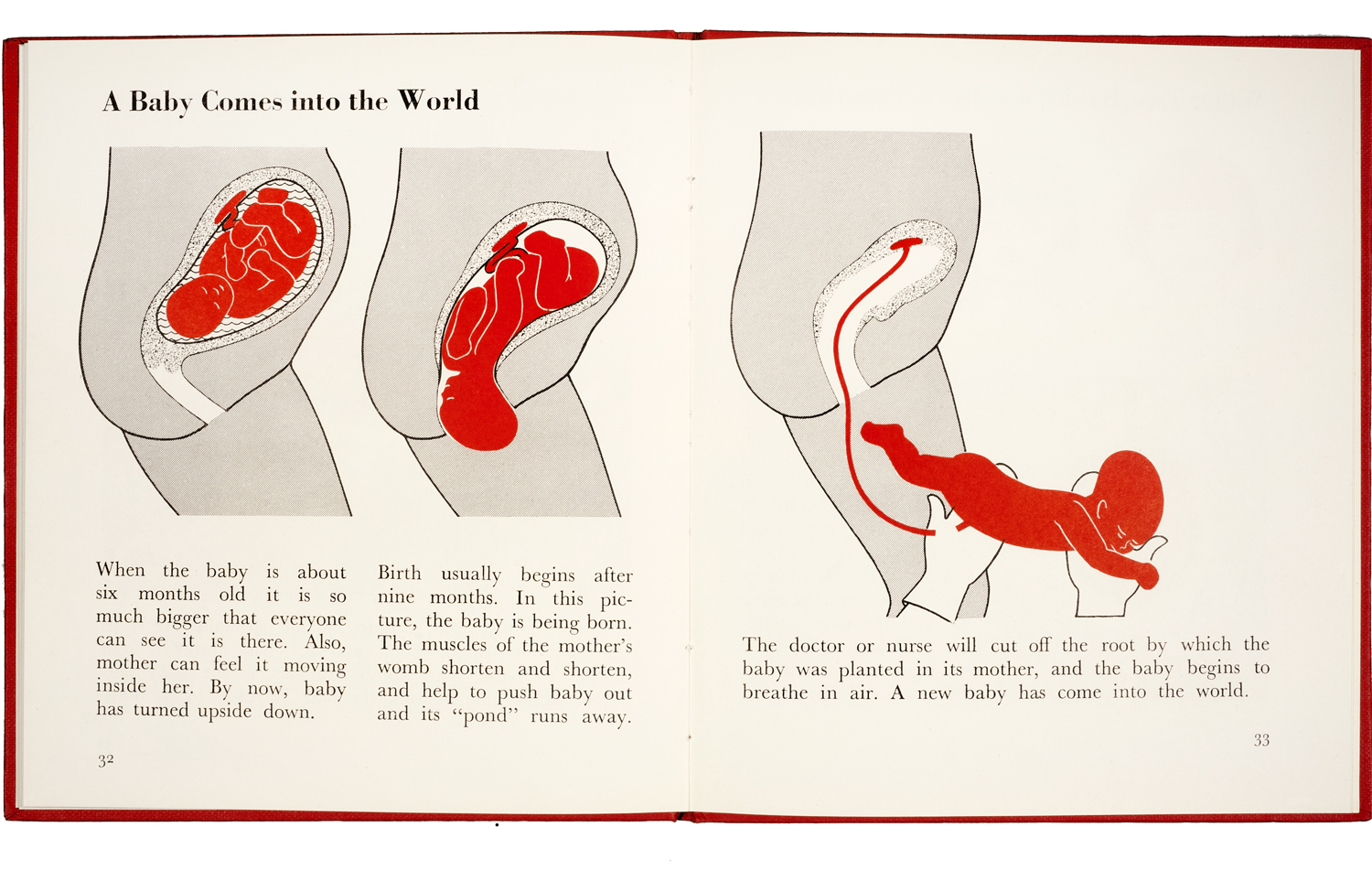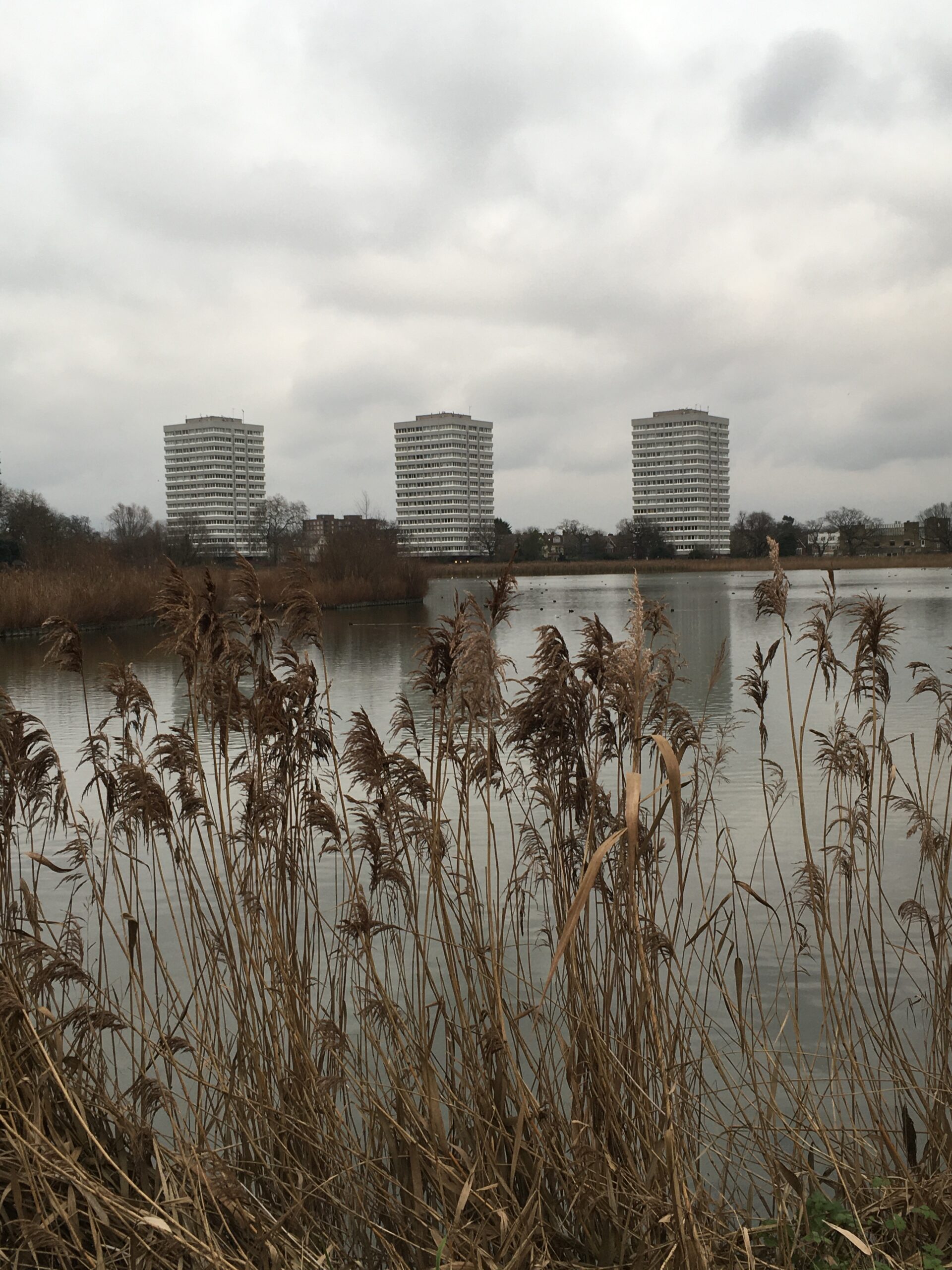I was having a conversation about climate change literacy with Luke & Michelle this week I thought I’d capture to celebrate New Year’s Eve (and forget for a second about Brexit). As the first instance of LoCDI had to be pushed into next year (and frankly it might be pushed into the year after based on the UK’s response to the COVID-19 crisis and approach to vaccination) I’m having to think of alternative ways to achieve the same objectives so I thought I should be clear about them and my own personal assumptions (peppered with links I’ve read and enjoyed) and revisit this as I go.
Assumptions:
- A wider set of people than ever before will self-identify as creative. Whether their output is a tech startup or a painting may or may not matter. They are dealing with the production of outputs that have an impact on the climate whether through their choice of coding practices, data centres or the origin of their paint or gem stones.
- Creative people are not as literate as they could be (or may want to be) about the political and economic levers that affect the global climate in their own countries. The problem is a global one but responsibility at a national level is different everywhere and countries don’t contribute or suffer the consequences equally. How do we think through cross-border impact when policies are very much based on border-thinking?
- Today’s design schools are not the best convenors for conversations about climate change as the fundamental dynamics that make their courses successful is student debt that is justified by swift employment in some of the organisations that actively underpin the behaviours that have accelerated the effects of climate change (advertising & FMCG).
- Art schools are not the best convenors for conversations about climate change for similar reasons, but let’s say it’s because art funding has become more precarious and heavily techno-centric (for eg. pretty sure Abramović didn’t need to use VR for her Venice Biennale piece on climate change but I’m sure it helped).
- Now that half of the world’s population lives in cities, the idea of nature is so ‘other’ yet so fantasised and mediated that secondary school kids a friend of mine teaches have near-manic episodes when going on a Duke of Edinburgh trip to the White Cliffs of Dover for the first time. You can’t control what you don’t understand and what you don’t understand by definition will scare you. How do we create a culture where nature, biology, geology, geography don’t appear and disappear from the curriculum as if it wasn’t life itself? Is climate mitigation education as important as say sexual education or food science? Why not?
- Knowledge absorption isn’t the same as taking action nor is it the same as taking sustained action. The environmental movement has been through cycles of mass public awareness campaigns (generated by the likes of William Morris, WWF and Extinction Rebellion) that have focused on a variety of climate change consequences like the hole in the ozone layer, nuclear testing, oil spills and a variety of other corporate sins. These cycles have moved the needle but do people feel like they are connected to everyday life and if so how? Is compulsively buying sneakers made by slaves disconnected to a decision to become a vegan? Is that annulled by the yearly trip abroad or the decision to own a dog or a car? How is campaigning connected to everyday decision-making? How does everyday decision-making become, with time, politics?
Objectives
- Build a strong, locally-anchored cohort that become proactive in learning and working together. Perhaps like Muriel Belcher did with post-war artists in Soho in the 1960s. A dedicated space helps a lot.
- Build educational approaches that could be simplified enough to enter school curriculum, but actionable enough that an adult with self-determination would be able to understand what to do every day. The work of Marie Neurath or even Margaret Calvert come to mind.

- Help a wider spectrum of society imagine a more immediate future when change is taking place as richly as we depict the far-flung futures of sci-fi. The absolute uproar around LTNs are a good example. Sometimes it feels like the next five years is less clear than 50 years into the future. Who benefits from this form of imaginary astigmatism?
I think there are lots of ways to reach these objectives and I’ll be spending a significant amount of time next year in exploring the possibilities, perhaps even prototyping some. It would be great if you could join me. Happy New Year.


1 comment
Comments are closed.